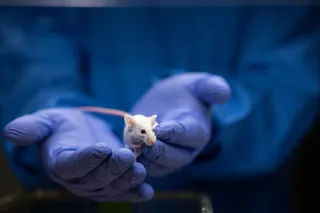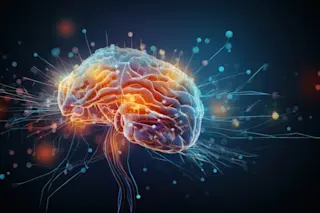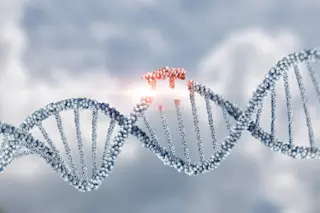The immediate aftermath of dying can be surprisingly lively. For the first few minutes of the postmortem period, brain cells may survive. The heart can keep beating without its blood supply. A healthy liver continues breaking down alcohol. And if a technician strikes your thigh above the kneecap, your leg likely kicks, just as it did at your last reflex test with a physician.
Death obviously ends your ability to experience existence. But the signs of life that persist within you — without you — also challenge any sense of self you had before.
It’s important to distinguish death from mere illness or injury, however severe. Being unconscious, or in a coma, or even in a persistent vegetative state are all potentially reversible. Death is not. The Uniform Determination of Death Act, a legal statute formulated in the early 1980s and since adopted, with minor adjustments, by all 50 states ...














